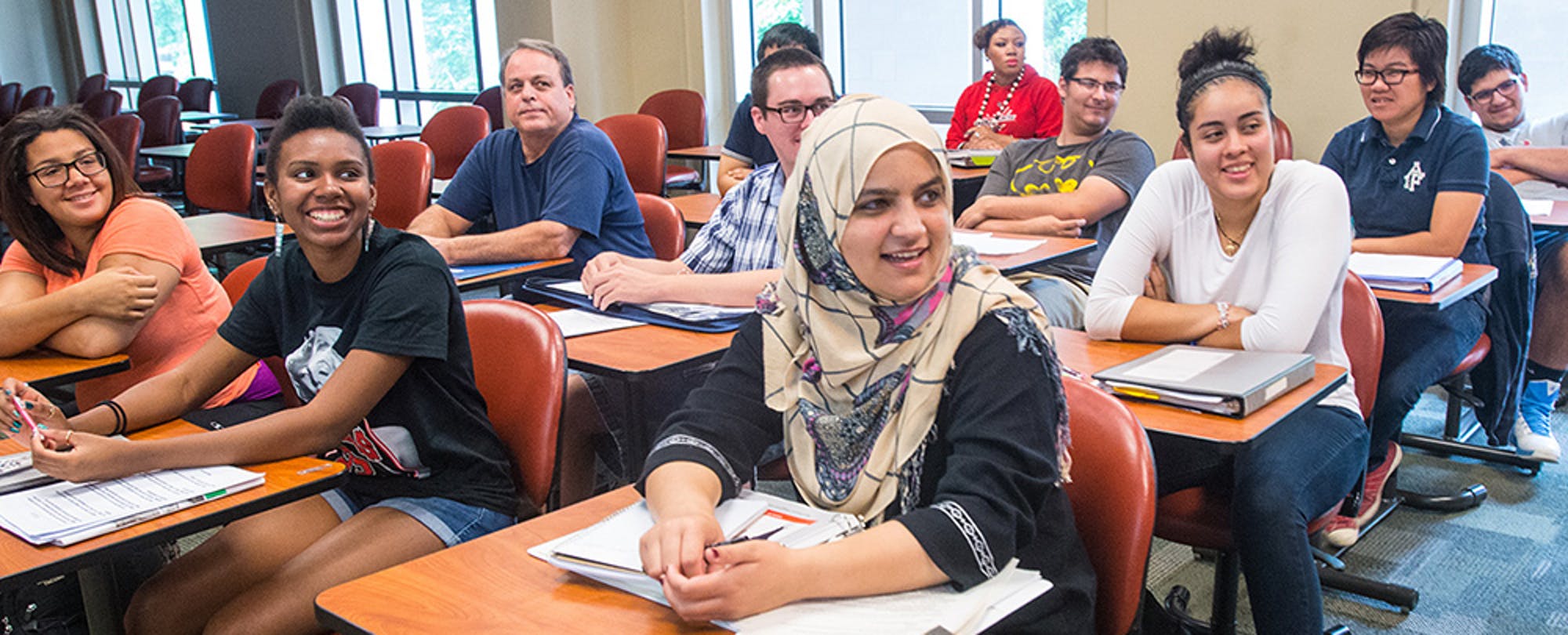The business models of most online, for-profit colleges rely heavily on attracting students from vulnerable groups such as African Americans, women and adult students, a new report has found.
The Failings of Online For-profit Colleges report, recently published by the Brookings Institution, found that most online, for-profit institutions direct their marketing and recruiting strategies to promote programs in ways that mostly target vulnerable students.
Compiled by the Center for Responsible Learning (CRL), the report provides insight into recently-trending online degree program offerings, and furthermore, how they often adversely affect students from low-income families and other minority groups.
The reason these institutions often appeal to more vulnerable student groups is because of the need-based federal financial aid these students often receive.
In particular, the report found that this need-based federal financial aid made up 70 percent of revenue for 10 of the largest 11 for-profit colleges. If military student aid, which is distributed by the Department of Defense and the Department of Veterans Affairs is taken into account, the revenue share jumps up to 90 percent for at least five of these 11 schools.
Because of these predatory marketing techniques which untruthfully promise financial stability and easy loan repayment, online, for-profit college students often face huge student debt loads after they graduate.
“As our research shows, these online schools regularly take advantage of vulnerable students by promising them financial stability and the ability to repay their student loans after graduating,” Robin Howarth,a CRL senior researcher, said.
“In most situations, employment outcomes fall short; thus, trapping students in unsustainable debt— Online institutions should not take advantage of students who are determined to improve their earnings potential and provide for their families.”
When it comes to the percentage of students enrolled in distance degree-granting institutions by race and ethnicity, African-Americans represent 24 percent at for-profit institutions, compared to nine percent in public institutions, a number that is higher than both Latinos and whites.
Despite the heavy representation of African-American and female students in for-profit, online colleges in comparison to public and private nonprofit institutions, the report found that online instructors are more likely to respond to white male students over students of other races and genders.
Researchers also found that students taking online programs tend to perform worse than those taking identical in-person courses, thus raising questions surrounding the quality of the programs being delivered by these institutions.
“There is no regulation at all at the state level, leaving students vulnerable to subpar online educational services,” Lisa Stifler, CRL’s deputy director of state policy, said.
“Unfortunately, the Education Department has not stepped up to address these concerns, but instead we’ve seen the Department roll back protections for students who enroll at for-profit institutions.”
Last year, a group of students and educators sued Secretary of Education Betsy DeVos for delaying rules meant to protect students studying in online programs. The rules would have directed these colleges to inform their students that their programs may fail established licensing standards or may face unfavorable action from accreditors or the government.
Ultimately, the researchers called for more accountability toward online, for-profit institutions by increasing Department of Education oversight and efforts by states to protect the interests of their students.
Most States Lack Black Student Representation at Public Colleges [Report]



